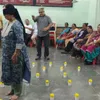From ideas for sustainable farming to creating home libraries – the top Social Stories of the week
This week, SocialStory witnessed many inspiring stories - from sustainable farming to not letting visual impairment be a stumbling block.
Sustainable gardening is seeing great demand around the country, even among apartment spaces. Punjab officer Vipesh Garg is a huge advocate of this and his farm stands as testimony to it, as he employs self-sustaining practices to build a mini forest.
However, farming in general sees lesser participation from women, especially in areas like Hazaribagh, Jharkhand. To improve this, Corteva Agriscience and PRADAN are working to empower women in this field of agriculture.
This week, Social Story witnessed stories of creating sustainability, determination and empowerment.
Here are the top Social Stories of the week:
Punjab officer's organic farm teaching people about sustainable farming
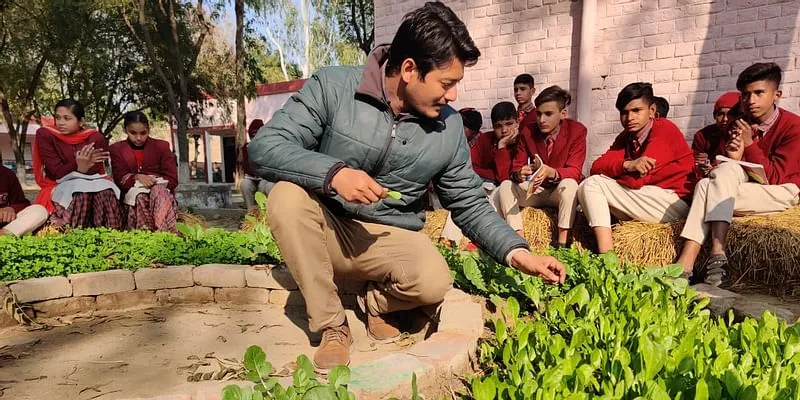
One of the sessions by Vipesh
Since 2019, Vipesh Garg has been building his own mini farm in his hometown, where he grows a wide variety of organic produce on a 100 square metre plot of land. These include over 100 types of organically-grown flowers, fruits, vegetables and medicinal herbs/plants.
What is interesting is that he practises various sustainable methods that include mulching, organic in-situ composting, seed saving, soil regeneration, bio-enzyme preparation, and others.
Vipesh is also on a mission to actively help other farmers make their own bioenzymes and products to create their own sustainable farms. He organises workshops for those interested in organic farming. In addition, he also takes classes for students in Mansa, Punjab as a part of his job as a Horticulture Development Officer.
Women from Hazaribagh who are sparking a green revolution in India
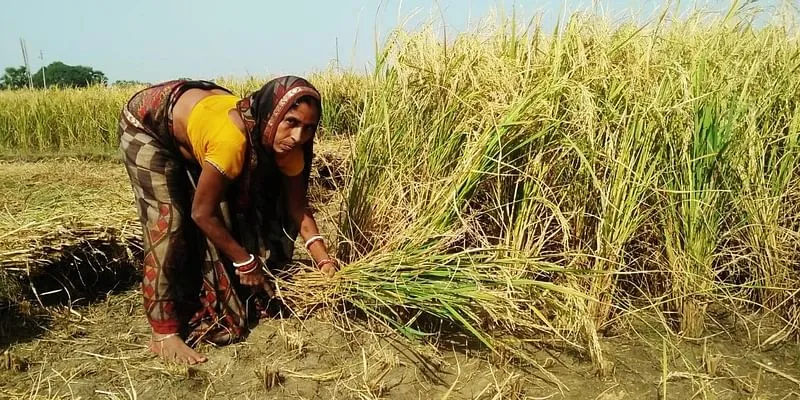
A women farmer working on the field
Small-scale farmers dominate many districts of India; one of them is Hazaribagh in Jharkhand, which houses one of India’s two Indian Agricultural Research Institute (IARI). However, as farming became increasingly untenable, the region witnessed significant migration with male members of the family moving to cities in search of jobs, while women took care of family and crops back home.
This led PRADAN, a non-profit organisation working towards eradicating endemic poverty in rural India, and Corteva Agriscience, to initiate a project titled, “Empowering women through Financial Inclusion and Direct Seeded Rice (DSR) cultivation in Jharkhand and Bihar.”
The programme has helped 10 women agripreneurs in Hazaribagh to earn an additional Rs 5,000 – Rs 8,000 per season by centrally raising seedlings of tomato, brinjal, and chilli.
Delhi-based Udayan Care helped over 30,000 children and women through its initiatives

Care Leavers from Germany with University of Hildesheim pay a visit to Udayan Care in India
With adoption rates being abysmally low in the country, NGOs and care homes are looking to provide an alternative care system to take care for vulnerable children and youth. One such NGO is Udayan Care. Founded in 1994 as a public charitable trust by Dr Kiran Modi, Delhi-based Udayan Care works to empower vulnerable children, women, and youth in 27 cities across 15 states of India.
Starting with just one small ghar (group home) for children without parental care in Delhi in 1996, it has now established 17 group homes and two aftercare programmes to support the disadvantaged groups. The charity is also enabling higher education to over 9,000 girls in about 21 cities of India, providing vocational training and livelihood programmes, and enabling 16,000 youth for employability.
Meet the visually-impaired judo champion who dreams of winning an Olympic medal
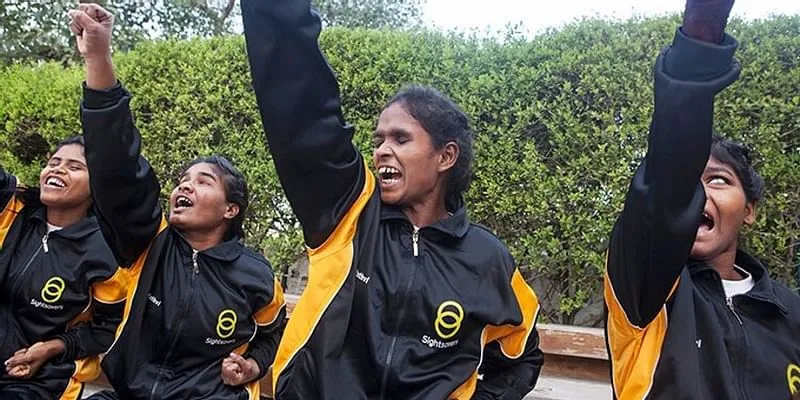
Visually-impaired women training at a judo camp organised by Sightsavers India
Hailing from Hoshangabad, Madhya Pradesh, Sarita has been blind from birth and is one of six siblings. Her father is a labourer. An athlete since childhood, in 2017, she took part in a camp organised by the NGO Sightsavers India, to train blind judoists.
Overcoming the challenges, she won her first bronze medal at the 6th National Blind and Para Judo Championships in 2018 in the 44 kg junior category. This motivated her to take part in trials in Gorakhpur in the same year, where she got selected to play for the country. In 2019, she represented India and won bronze at the Commonwealth Judo Championship for the visually-impaired in Birmingham, UK.
Tata Trusts’ Parag Initiative that has sparked the creation of home libraries by children in Yadgir
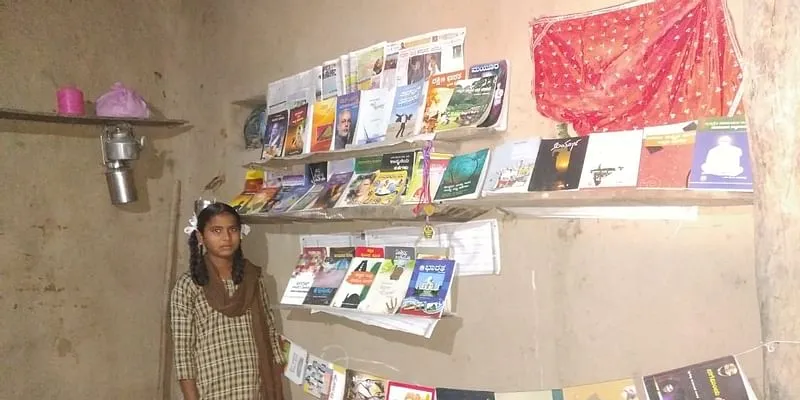
Nhina Begum's home library
Yadgir is among the districts that the Central government is focusing on for developmental issues. Its literacy rate of only 51.8% is lower than India’s least literate state (Bihar at 63.8%).
In order to improve the poor literacy rate, Tata Trusts’ Parag Initiative set up 100 vibrant and active school libraries in Yadgir district. Through storytelling, book activities, community events and open access, the initiative has inspired a love for reading among many children.
Moreover, this also branched out into home libraries with about 24 children in the village setting up their own libraries in their homes. These children have also given access to their books to neighbours, but with proper practice of hygiene norms during the pandemic.
Edited by Anju Narayanan




